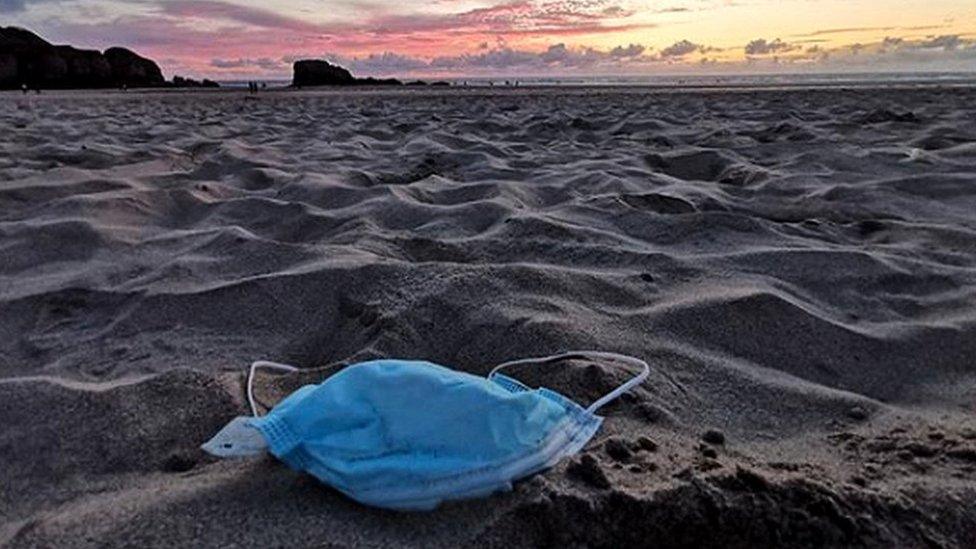Plastic pollution: 53 million tonnes could end up in our waters
- Published
- comments
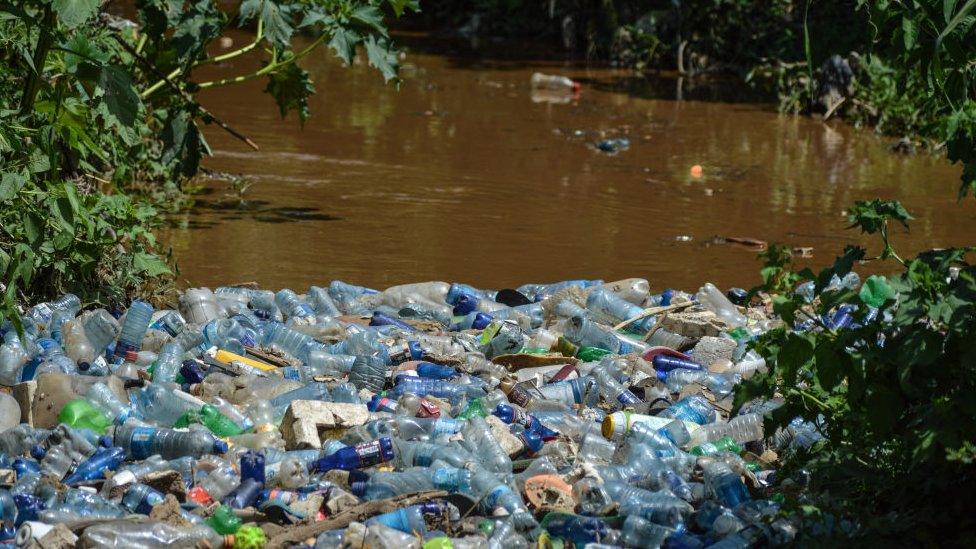
As much as 53 millions tonnes of plastic could end up in rivers, lakes and oceans every year by 2030, experts have warned.
A new study says that even if global commitments to reduce plastic pollution are met, ecologists are still worried that a lot more needs to be done.
Those behind the research - which has been published in the journal Science - found that measures such as banning certain plastic products, clean-up of litter, and plastic waste management is not enough.
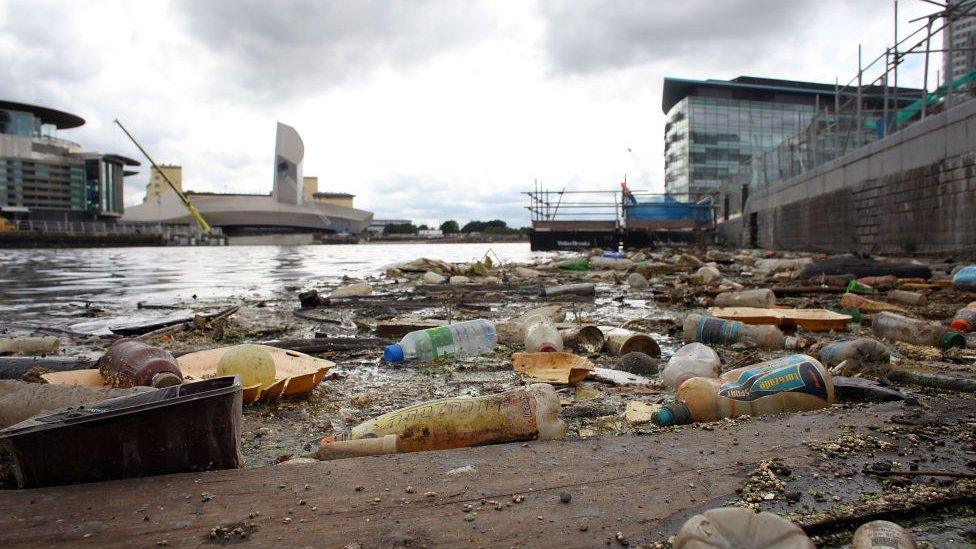
In 2016, 19 to 23 million tonnes of plastic waste was generated globally and entered aquatic ecosystems - they're things like rivers, lakes and wetlands where animals, plants and microorganisms live together.
By using computer modelling, research shows between 24 and 34 million tonnes enters bodies of water around the world every year.
A computer model is a representation of a real life system or situation.
Modelling is used to look at large amounts of data to help with scientific projects and help answer 'what if' questions.
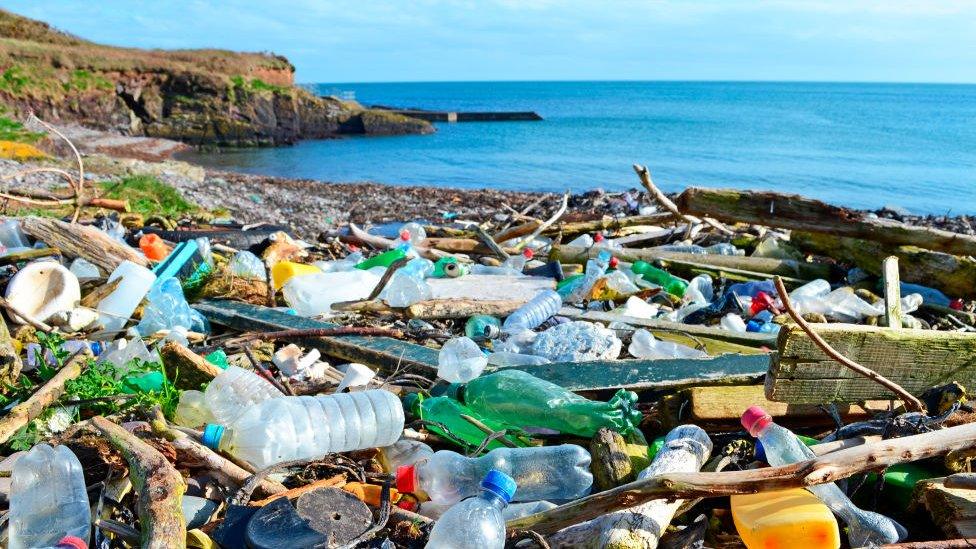
The ecologists who did the research say an "enormous" amount of effort is needed to keep emissions below eight million tonnes a year.
To achieve this, a reduction in plastic production across all economies by 25-40% is needed, as well as more waste collection and clean-up efforts which recover 40% of plastic waste.
Dr Stephanie Borrelle, one of the authors of the study, said: "To put that last number into people power, the clean-up alone would require at least one billion people participating in Ocean Conservancy's annual International Coastal Clean-up."
She added, "Even if governments around the world meet their ambitious global commitments, and other countries join those efforts to curb plastic pollution, worldwide annual emissions to rivers, lakes and oceans could be as much as 53 million metric tonnes by the year 2030.
"That's far beyond the eight million metric tonnes amount that was declared unacceptable in 2015."
- Published5 December 2019
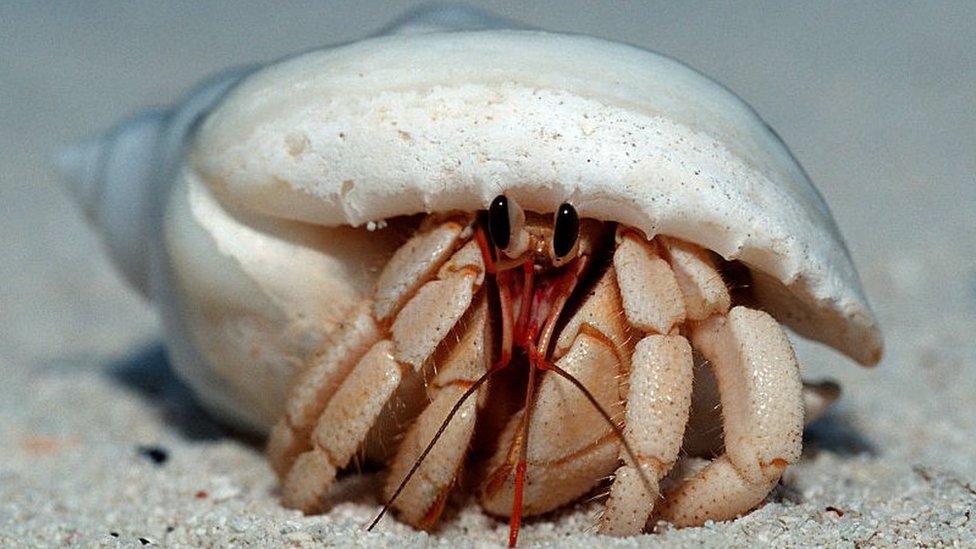
- Published4 December 2019
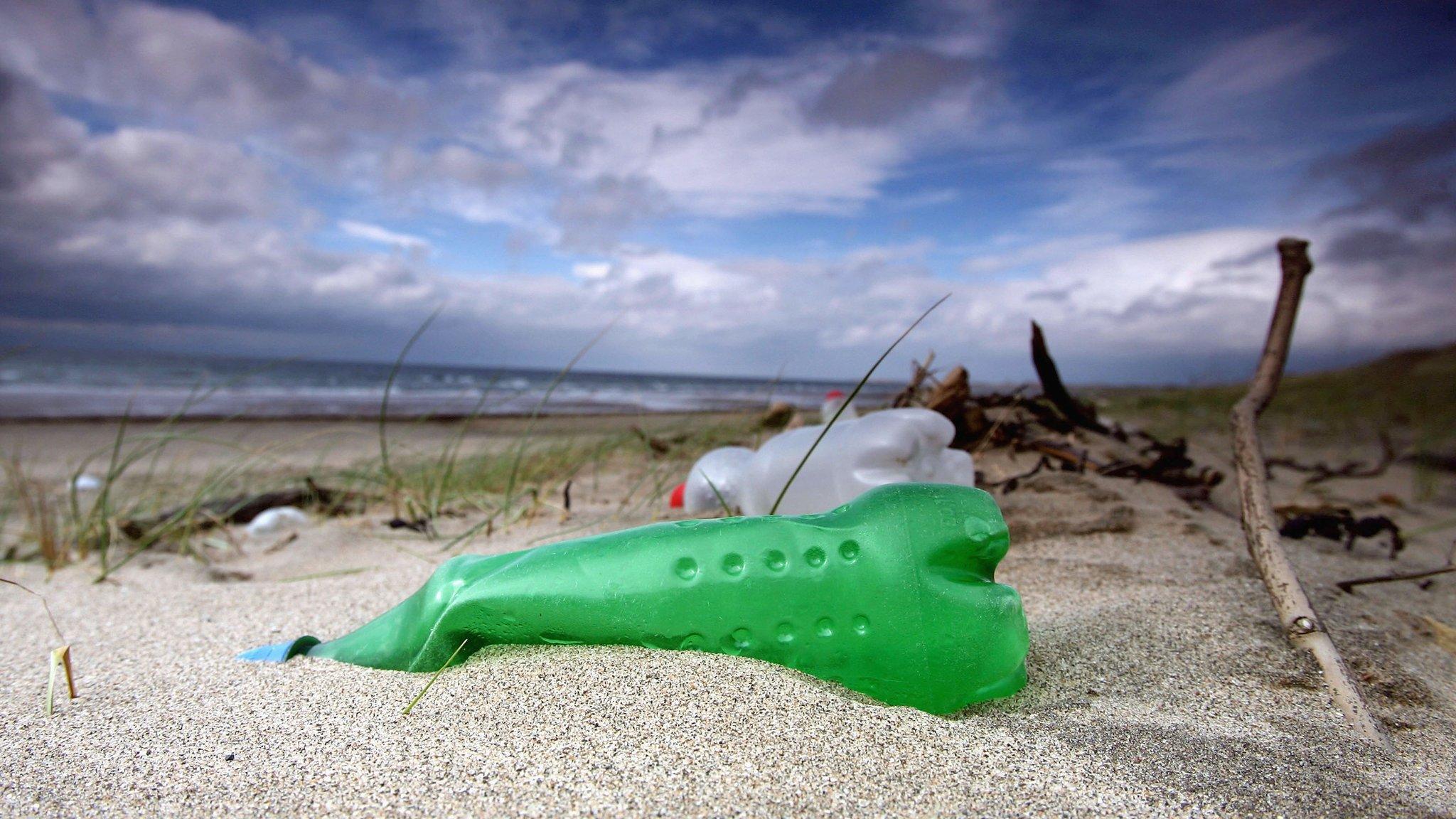
- Published19 September 2020

- Published4 September 2020
